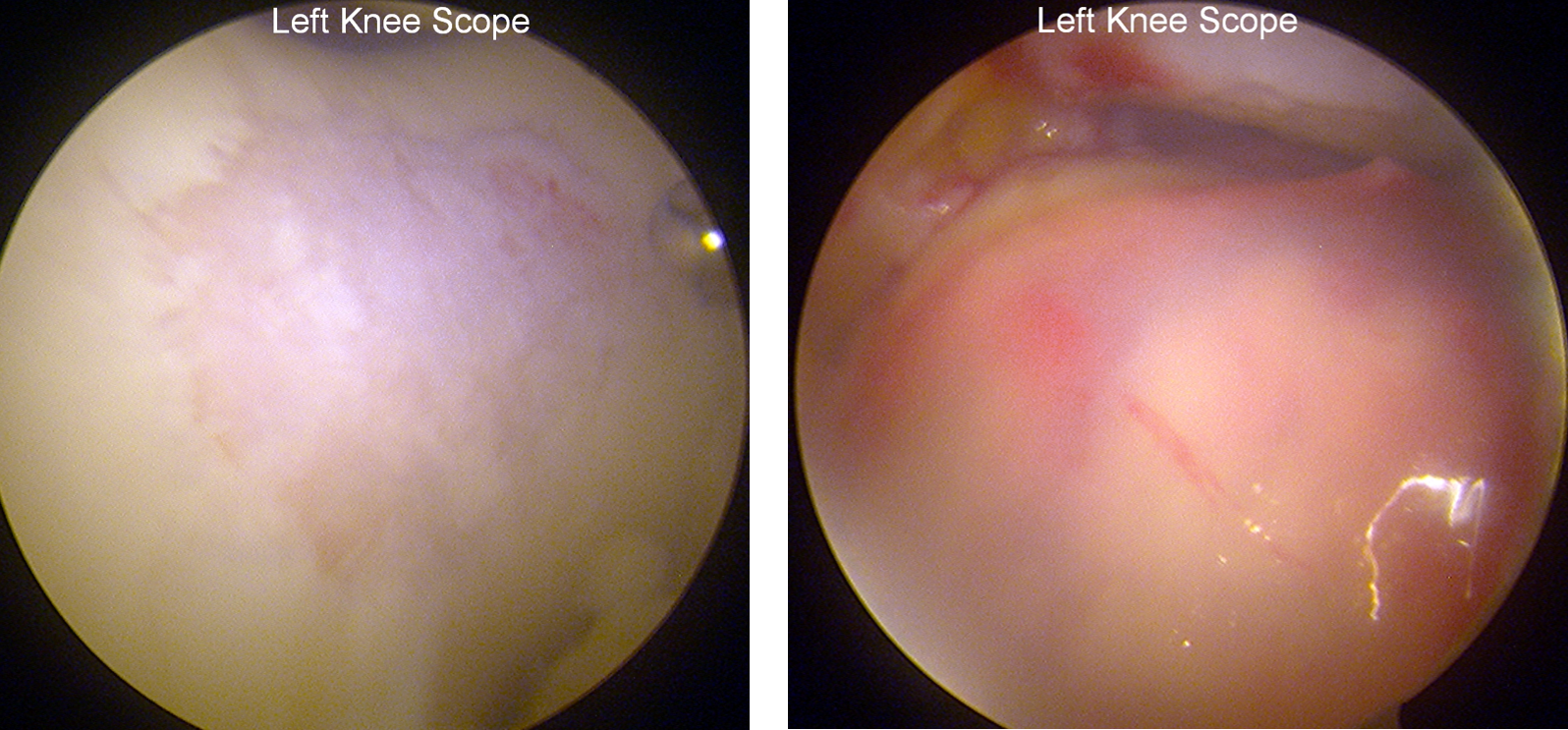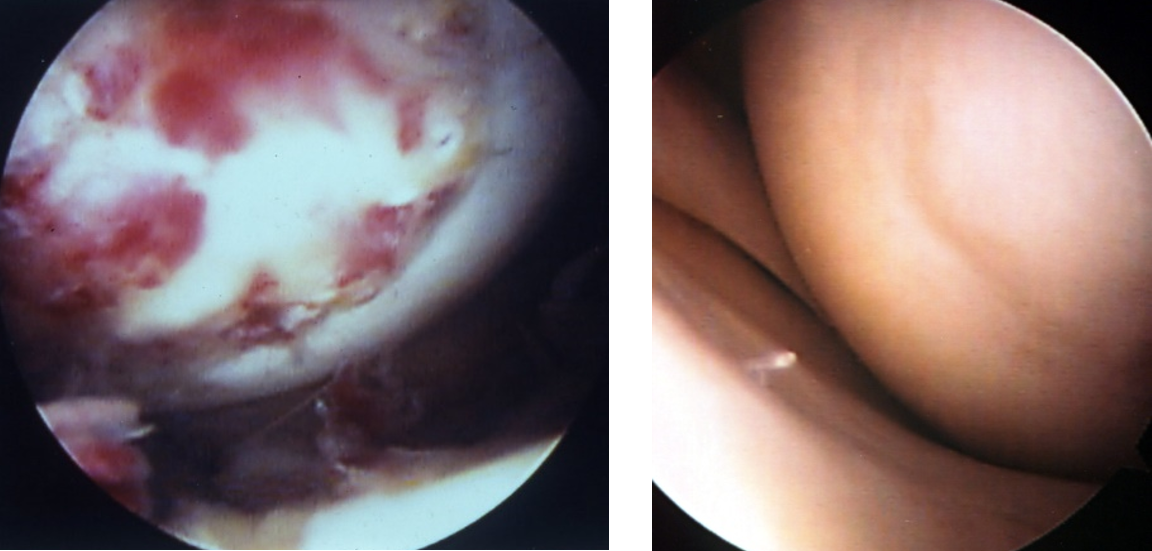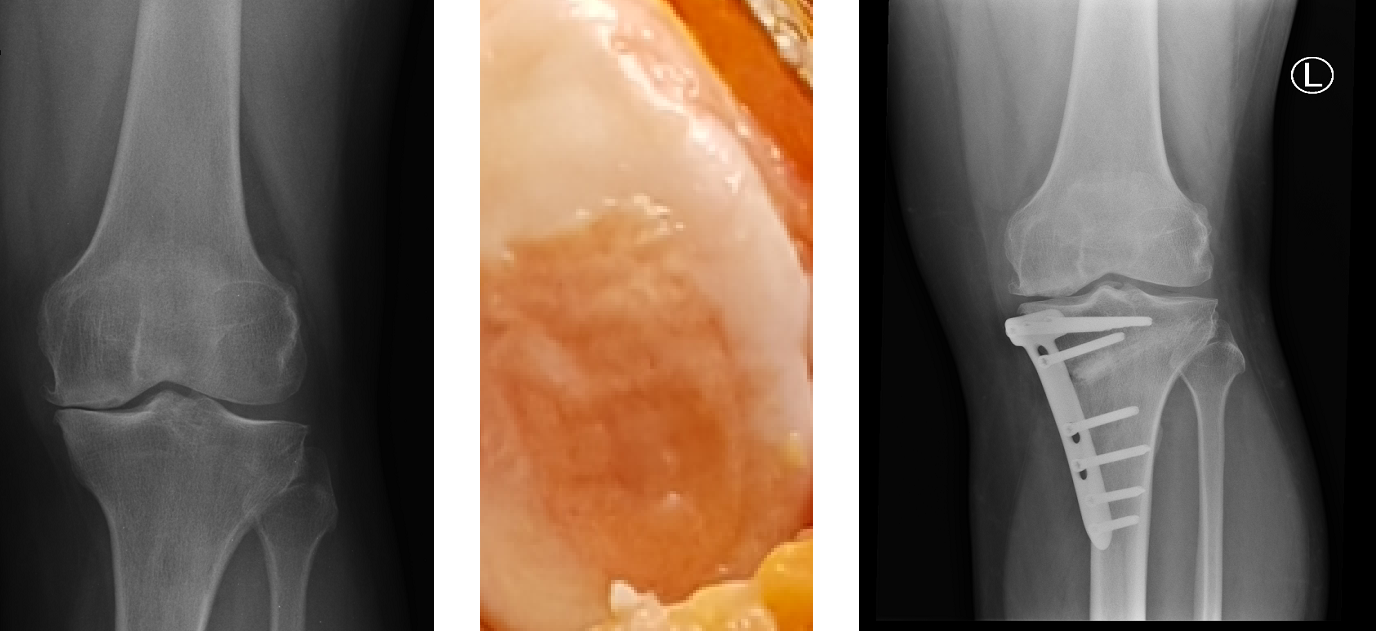The Cartilage Clinic
University Hospital Southampton (UHS) runs a specialist cartilage clinic on Tuesdays at the orthopaedic Out-Patient Department, Royal South Hants Hospital.
This is a specialist clinic treating patients with hip and knee joint cartilage problems with pioneering new joint preservation techniques including bone marrow derived mesenchymal stem cells and autologous chondrocyte implantation (ACI). The clinic is run by Mr Gorav Datta and Mr Amir Qureshi, both of whom have extensive experience in cartilage regeneration techniques. They were trained at the Royal National Orthopaedic Hospital and the Robert Jones and Agnes Hunt Hospital respectively. These two centres are the largest centres in the UK and both surgeons have gained extensive knowledge in the use and success of this procedure.
ABICUS procedure
Mr Datta ran the ABICUS trial, (Autologous Bone Marrow Implantation of Cells, University Hospital Southampton) in 2015, together with Mr Qureshi. This evaluated the use of bone marrow derived cells combined with a biological scaffold for the use of cartilage defects in the knee. The procedure involves taking bone marrow concentrate (rich in mesenchymal stem cells) and placing them on a biological scaffold; this is then implanted in the cartilage defect within the joint. The procedure is approved by UHS in appropriate patients.

Autologous chondrocyte implantation
UHS is a centre for ACI, one of only a handful in the UK commissioned by the NHS to provide this procedure. The procedure involves harvesting the patient’s cartilage, growing it in a laboratory, and then re-implanting the patient’s cartilage into the damaged joint a few weeks later. ACI has been performed for over 20 years now, and is regarded as the ‘gold standard’ for cartilage defects within the knee joint. The procedure gained NICE approval in 2017.

Biological joint replacement
The concept of using a cellular technique (either ACI or ABICUS) can be combined with a realignment technique (e.g. high tibial osteotomy) to truly regenerate and replace a joint without the use of an implant. This is highly favourable over a conventional joint replacement as there may be better function and durability over time.

Both Gorav Datta and Amir Qureshi run the clinic together, providing a multi-disciplinary approach to patient care, and assessing the best possible treatment for patients with cartilage defects.
Appointments will be made following referrals from a GP or hospital specialist.